Call for nominations to the Community of Interest (COI) Panel
The COI Panel is currently seeking nominations for the Environmental Non-Governmental Organization category. Individuals can submit their own nomination or be nominated by a third party. If you or someone you know is interested in this position, please download the nomination form. Nominations close on August 6, 2025.
About the Community of Interest (COI) Panel
The Community of Interest (COI) Panel is an independent, multi-interest group comprised of about 12 to 15 individuals from Aboriginal groups, communities where the industry is active, environmental and social NGOs, and labour and financial organizations. Select members of the MAC Board also sit on the Panel to provide a mining industry perspective to discussions.
The COI Panel was formed in 2004, when the TSM initiative was established. The Panel played a key role in the program’s design from the very beginning, and continues to be integral to its evolution and implementation. The Panel serves as a platform for communities of interest and MAC members to discuss and collaborate on issues of mutual concern.
Key functions of the COI Panel include:
- Meeting twice a year to provide support and advice for the TSM program.
- Conducting a yearly review of a sample of companies’ verified results to analyze company systems and practices.
- Providing critical perspectives by raising emerging issues of concern beyond those covered under TSM.
COI Panel reports and statements
COI Panel Meeting Reports and Post-Verification Review Reports can be accessed on the Reports page under the corresponding filters.
Examples of statements from the COI Panel include:
- Each year, the COI Panel publishes a statement in the TSM Performance Report
- COI Panel Statement on Climate Change to MAC and MAC Members – Rising to the Challenge
- MAC Response to the COI Panel Statement on Climate Change – MAC adds new actions to address climate change
Panel Members
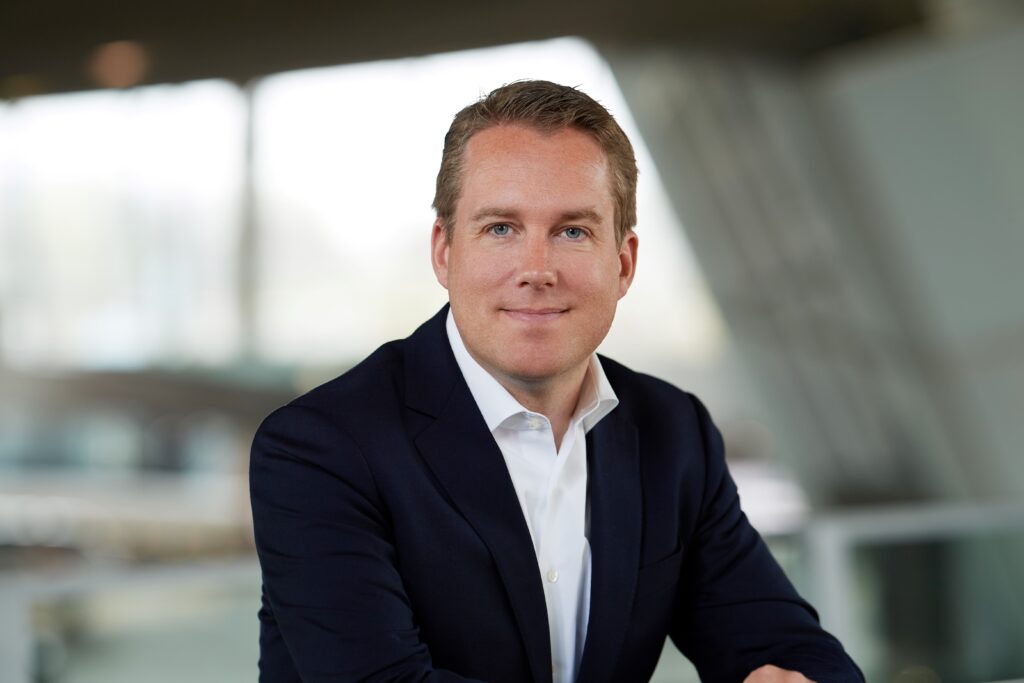
Dr. Kai Ammann is the Head of Raw Material Strategy and Raw Material Risk Management at BMW AG, leading a team of experts in mining and sustainability. His responsibilities include developing strategies for critical raw materials, focusing on access, availability, and geopolitical risks, while ensuring compliance with ESG standards. As a member of the Responsible Minerals Initiative (RMI) steering committee, he collaborates with industry leaders to promote responsible sourcing practices and enhance transparency in the supply chain.
With a strong foundation in finance, he has held key positions within BMW Group, including management roles in financial risk management and treasury. His background includes consulting in financial services and a tenure at the chair of Banking and Finance at Georg August University, Goettingen.
Dr. Ammann holds a master’s degree in economics and a PHD in Finance from Goettingen University. He has extensive experience in managing financial risks and strategies within the automotive industry.
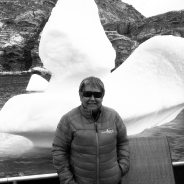
Theresa Baikie has been implementing the Impact and Benefit Agreement between the Nunatsiavut Government and Vale since March 31, 2003. In her position, she is responsible for ensuring all aspects of the Impact and Benefit Agreement are being implemented and respected. These include education, training, hiring, workplace conditions, and environment, to name a few. Theresa started out as the Impact and Benefit Agreement Training and Employment Coordinator for the Labrador Inuit Association in March of 2003. She then applied for the IBA Coordinator position when it became vacant in 2005 and has filled that role since.
She was born and raised in Labrador and has lived primarily in Happy Valley-Goose Bay and Nain. Theresa loves fishing, berry picking, cooking, and crafts when she is not at work. She raised 3 children, mostly as a single mom and has had a variety of jobs, such as hotel manager, employment counsellor, program office, and small business owner.

Devin Naveau is an elected councillor of Mattagami First Nation. Devin started his leadership journey in April 2019 and now holds a portfolio on community infrastructure, finance, and sustainability. Devin is also the Chief Financial officer of Mattagami Aki, an economic development corporation owned and operated on behalf of Mattagami First Nation. Devin is passionate about community development and economic empowerment and brings a wealth of knowledge and experience to his role. He is dedicated to advocating for his community’s needs and driving sustainable growth for generational economic prosperity.

Lisa McLaughlin joined the Nature Conservancy of Canada (NCC) in 1999. She has held a variety of positions ranging from stewardship assistant to chief conservation officer. Currently, Lisa is the vice-president of conservation policy & planning for NCC. She is responsible for ensuring that NCC’s land, acquisition and management activities are guided by strategic priorities informed by the best-available information. She is the lead liaison with many of NCC’s national and international partners, including government and not-for-profit organizations.
A biologist (BSc) and rural planner (MSc) by training, Lisa has more than 20 years’ experience in the management of conservation lands and the governance of private land conservation organizations. She has been a board member of the Ontario Land Trust Alliance, vice-chair of the Canadian Land Trust Alliance, is currently a steering committee member of the International Land Conservation Network, a member of the Privately Protected Areas working group of the World Commission on Protected Areas, and serves as board chair of the Canadian Committee of the International Union for Conservation of Nature (IUCN).
In her free time, Lisa and her family enjoy cycling, hiking, canoeing, gardening and generally spending as much time as possible outside.
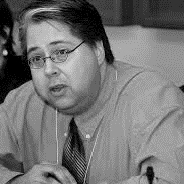
Dan Benoit is an Aboriginal person, a Red River Métis and a member of the Métis Nation. He has spent all his life living near his ancestor’s River Lot in St. Norbert Parish or at the family farm near Seven Sisters Falls in Manitoba.
Dan has in-excess of 10 years post-secondary education and has various degrees and diplomas in Natural Resources Management and Ecology from University College of the North, University of Ottawa, and the University of Manitoba.
He has worked for both industry and all three levels of government in the natural resources and environment field. Dan is intimately knowledgeable in many other facets of Métis cultural heritage and traditional knowledge relating to water and land issues.
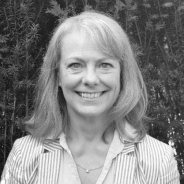
Jocelyn Fraser is a Post-Doctoral Fellow at the University of British Columbia’s Liu Institute for Global Affairs where her research focus is on social risk and social responsibility in the global mining sector. Jocelyn’s current research projects are in Mongolia, Peru, and Ethiopia and focus on ways for mining companies and communities to collaborate to address issues of mutual interest, such as those embodied in the United Nations 2030 Sustainable Development Goals.
Before completing a PhD in mining in 2017, Jocelyn worked extensively as a consultant in the resource sector. She had responsibility for engagement and community relations during the development of three mining projects in Canada and has more than 15 years of experience in Canada and abroad working to enhance community engagement and create shared value.
Jocelyn holds a PhD in mining from the University of British Columbia, a Master of Arts from Simon Fraser University, and a Bachelor of Arts from the University of Alberta. In addition, she studied abroad at the University of Canterbury in New Zealand and at Harvard University.
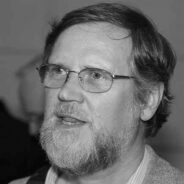
For over 30 years, Dennis Howlett has worked for a number of ecumenical social justice coalitions including the Ecumenical Coalition for Economic Justice, Ten Days for Global Justice and KAIROS where he led successful campaigns for cancellation of Third World debt, fair trade certification of coffee and other products, and ratification of the Kyoto Protocol on Climate Change. He recently retired from his position as the Executive Director of Canadians for Tax Fairness where he led campaigns for government action to stop the very wealthy and corporations from using tax havens to evade and avoid paying taxes and to make the tax system fairer.
Prior to assuming this position in 2011, he was the National Coordinator of Make Poverty History Canada. While there he provided leadership on successful campaigns for a Better Aid Bill, a Maternal and Child Health Initiative at the Muskoka G8 Summit and poverty reduction plans at the provincial and federal levels. Dennis is a graduate of the University of Toronto with a Master of Education and Bachelor of Arts.

Sujane Kandasamy is an incoming Assistant Professor in the Dept of Medicine (Global Health Program) at McMaster University and the Co-founder/Director of Learning & Development at The Starfish Environmental Society of Canada. She is also the Co-Lead of PEACH Health Ontario, a collective working to improve climate action in the Ontario health system. Sujane is an intersectional environmentalist and research methodologist who is passionate about improving Indigenous health, newcomer health, science communication, building collaborative community-academic partnerships, and advancing mixed-methods research methodologies.
The Starfish Canada, a pan-Canada charity celebrates and amplifies environmental stories from across the country. Through her work with The Starfish, Sujane has been working with various school boards, community partners, corporate partners, and local collectives to strengthen environmental conversations and solutions-based thinking/problem solving. She is especially passionate about working with youth to develop dialogue around how environmental issues intersect with the many other components of our society–health, economics, politics, culture, and peace.

Emma is Head of Sustainability at Appian Capital Advisory’s Base Metals Group, overseeing all aspects of ESG initiatives. Reporting to the head of Base Metals, she manages sustainability efforts, permitting, government and community relations, as well as Health, Safety, and Environment (HSE) aspects for the Base Metals Team.
With over 15 years of experience in sustainability and social performance in the mining industry, Emma brings extensive operational expertise in navigating ESG challenges. She brings extensive experience in community development planning, ESG risk assessment, and the implementation of sustainability strategies across all phases of the mining life cycle and has demonstrated a history of driving sustainable practices and fostering positive relationships with Indigenous Nations, communities, industry/stakeholders, and government bodies.
Emma studied political science at the University of Western Ontario, and has an Executive MBA from McGill University and HEC Montreal.

Richard Paquin has over 40 years of mining experience in uranium and nickel mines. He is now retired, he was Unifor’s Mines, Metals and Minerals director and the Canadian Coordinator for the mining sector on IndustriALL (Global Union). Richard represented over 10,000 Unifor members in the sector and was involved in numerous federal and provincial governmental committees, advisory and Parliamentary committees. He has extensive knowledge of Ontario mining regulations and Health and Safety committees.
Richard has been involved in the last few years in promoting and providing input on the inclusion of women in the mining industry. He was a sitting member, representing labour, on MIHR (federal) and MLRC (Ontario) and assisted with Unifor’s Mines, Metals and Mineral Industry Council and numerous regional councils.
Richard was born in Quebec and raised in the Sudbury Area. He became involved with the mining industry in 1980 when he started working in Elliot Lake, in the boom years, as an apprentice in the Heavy-Duty Equipment Mechanical field. Over the past four decades, Richard has developed extensive experience in Canada’s mining sector and has been involved in many aspects of the industry including mechanical leader, Health and Safety Committee Member, Health and Safety Committee Co-Chair, Union Steward, Chief Steward, Unit Chair and Union President.
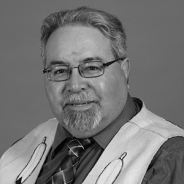
David Walkem served as Chief of the Cooks Ferry Indian Band for 28 years. Since October 2018 he now serves as Councilor. The Cook’s Ferry Band is one of 15 Bands in the Nlaka’pamux Nation (formerly known as the Interior Salish Thompson Indians in BC).
In 2013 David, as the lead negotiator, successfully completed negotiations for eight bands in obtaining an Economic and Community Development Agreement with the Province of BC to share mineral tax revenues on a major existing mine, and negotiated a Participation Agreement with the mine to provide economic and community benefits for all bands. David now Chairs the Citxw Nlaka’pamux Assembly, a federal not for profit corporation that is responsible for implementing the agreements and providing direction to the Nlaka’pamux Legacy Trust (2013) established to manage the funds from these agreements.
David is a graduate of the University of Western Ontario with a Master of Business Administration (1984) and the University of BC with a Bachelor of Science in Forestry (1980). In 2001 he was the recipient of the ‘Forester of the Year’ award from the Association of BC Professional Foresters, and in 2007 he received an award from the National Aboriginal Achievement Awards Foundation for his achievements in the Environment and Forestry. David also volunteered for 17 years on the Board of Directors of the Native Education Centre in Vancouver, much of which he served as President.
Industry Representatives
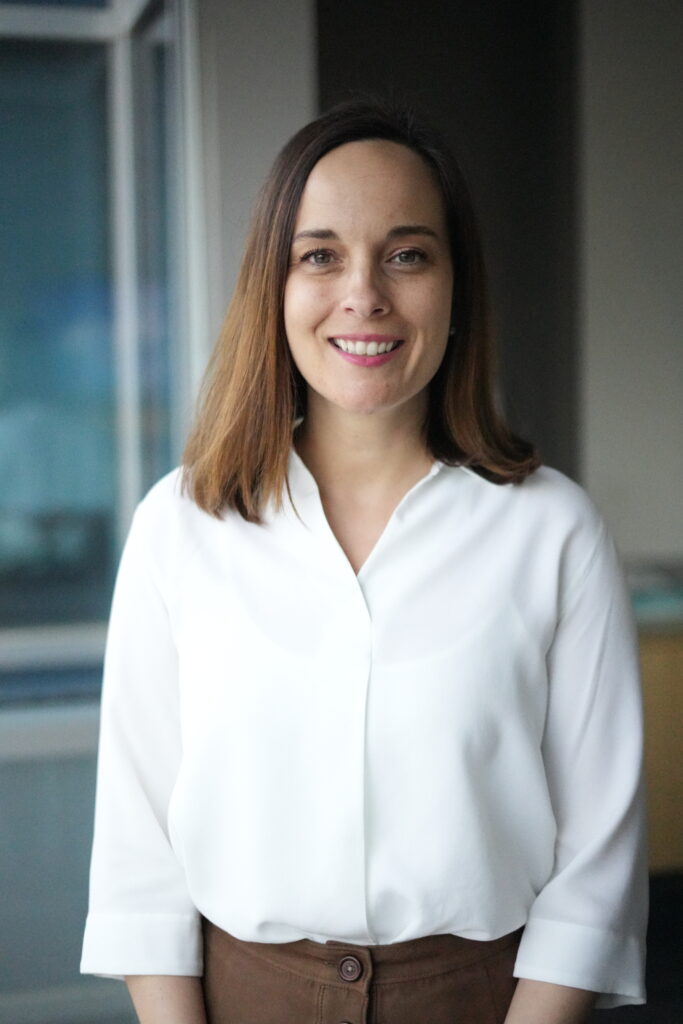
Elise Truscott is the Manager Community at BHP Canada. In this role, she is responsible for the social investment strategy and delivery of key community initatives and programs to support the safe delivery of BHP’s Jansen Potash project. She previously held the role of Principal, Business Planning delivering the Potash Life of Asset and Asset Strategy.
Prior to joining BHP, Elise worked in numerous industries and sectors including executive education, a wholesale co-operative, and private aviation. Elise holds a Bachelor of Commerce from the University of Saskatchewan and holds professional designations in human resources, risk, and board governance.
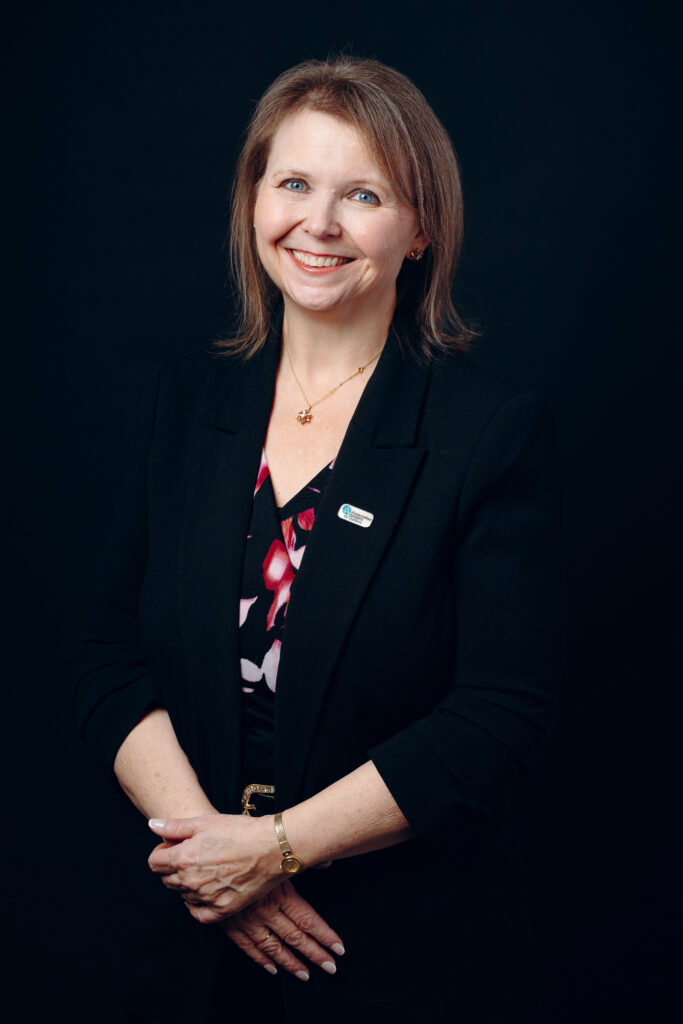
Ms. Toussaint has over 25 years of management experience in both the private and public sectors. A trained lawyer and member of the Québec Bar, she is a seasoned executive who was named one of Canada’s Top 100 Most Powerful Women in 2021 by WXN, the Women’s Executive Network.
She has held key strategic positions, including Vice President of Commercialization at Cléo Innovations, a subsidiary of Hydro-Québec, and Vice President of Legal, Regulatory and Public Affairs at Prevost and Nova Bus (Volvo Group). She brings deep expertise in sustainable development and transportation electrification.
Her diverse career path has also taken her through the manufacturing, medical, aerospace, IT, biotech, municipal, and academic sectors. Today, she leverages her legal and strategic expertise as President and CEO of the Québec Mining Association.
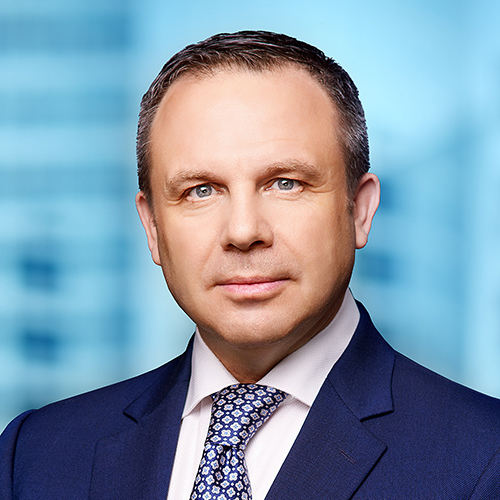
Mr. Bergeron joined Pan American Silver in 2019. He leads the development and implementation of the company’s corporate affairs and sustainability strategy and programs, including government and external relations, environmental stewardship, community relations, social responsibility, and country risk analysis activities. Prior to joining Pan American Silver, Mr. Bergeron was a member of the management team at Goldcorp Inc., most recently as Executive Vice President, Corporate Affairs and Sustainability.
Prior to joining Goldcorp, he served as a senior executive with international experience in the fields of construction and infrastructure development, telecommunications, broadcasting and media throughout Africa, North, South and Central America. Mr. Bergeron has served as a member of the Executive Steering Committee for the Responsible Gold Standard Initiative at the World Gold Council (WGC), Chairman of the International Council of Metals and Mining’s (ICMM) Environmental and Social Committee and as a member of the Clean Resources Economic Strategy Table for the Government of Canada. He currently serves as a member of the board of the B.C. Special Olympics. Mr. Bergeron holds a Bachelor of Arts (Economics) and a Master of Arts (Economics) from Carleton University in Ottawa, Canada.

Carolyn Chisholm is Director, External Affairs for Rio Tinto Canada. She is actively engaged in environment, sustainability and regulatory affairs, leading advocacy, and engagement strategies for Rio Tinto at the federal and provincial levels. Prior to joining Rio Tinto, Carolyn worked for more than 20 years in external affairs and public policy, in the private sector as Vice President of the Natural Resources and Environment Group with a public affairs firm, and as senior advisors to Ministers at the federal and provincial levels.
She is a member of the Board of Directors of her local hospital, is a founding member of Women for Nature, and has served on the Ontario Advisory Board for the Terry Fox Research Institute. She is also an active member of many industry associations on behalf of Rio Tinto, including the Mining Association of Canada, the Aluminium Association of Canada, and the Canadian Steel Producers. She holds a Bachelor of Arts degree (First Class Honours) in Political Science from St. Francis Xavier University, and a Master in Public Administration from Carleton University.
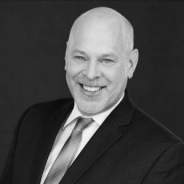
Pierre Gratton was appointed President and CEO of the Mining Association of Canada (MAC) in 2011. Based in Ottawa, MAC is the national organization for the Canadian mining industry. Its members are engaged in mineral exploration, mining, smelting, refining and semi-fabrication.
Prior to his appointment to MAC, Pierre was President and CEO of the Mining Association of British Columbia (MABC). From 1999-2008, Mr. Gratton served as Vice President, Sustainable Development and Public Affairs for the Mining Association of Canada (MAC). In this capacity, he was instrumental in the development of Towards Sustainable Mining, MAC’s flagship program that is gaining international recognition and adoption. In 2005-06, Mr. Gratton was honoured as a Distinguished Lecturer for the Canadian Institute of Mining, Metallurgy and Petroleum (CIM).
Mr. Gratton is First Vice-President of the Interamerican Mining Society (SIM – Sociedad Interamericana de Mineria), Chair of the Raw Materials Committee of the Business and Industry Advisory Committee to the OECD and the Co-chair of the Green Mining Initiative Advisory Committee.
Mr. Gratton holds an M.A. degree in political science and a B.A. from McGill University.

Carol Plummer is Executive Vice President – Sustainability, People & Culture for Agnico Eagle Mines Ltd. In this role she provides leadership and fosters collaboration in the areas of Health, Safety and Security, Environmental Management and Critical Infrastructure, Sustainability and People to ensure operational and cultural alignment throughout the Company. Since joining Agnico Eagle in 2004 she has held several key positions including General Manager at the Lapa, Kittilä and LaRonde mines, Corporate Director – Mining, Senior Corporate Director – Engineering and Project Development (USA and Latin America), VP Project Development – Southern Business, VP Corporate Development, SVP Sustainability, SVP Sustainability, People and Culture and Executive Vice President – Operational Excellence.
Prior to joining Agnico, Carol worked for Noranda Inc at their operations in New Brunswick and Quebec. She holds a B.Sc. in Mining Engineering (Queen’s University) and is a licensed Professional Engineer (Quebec).
